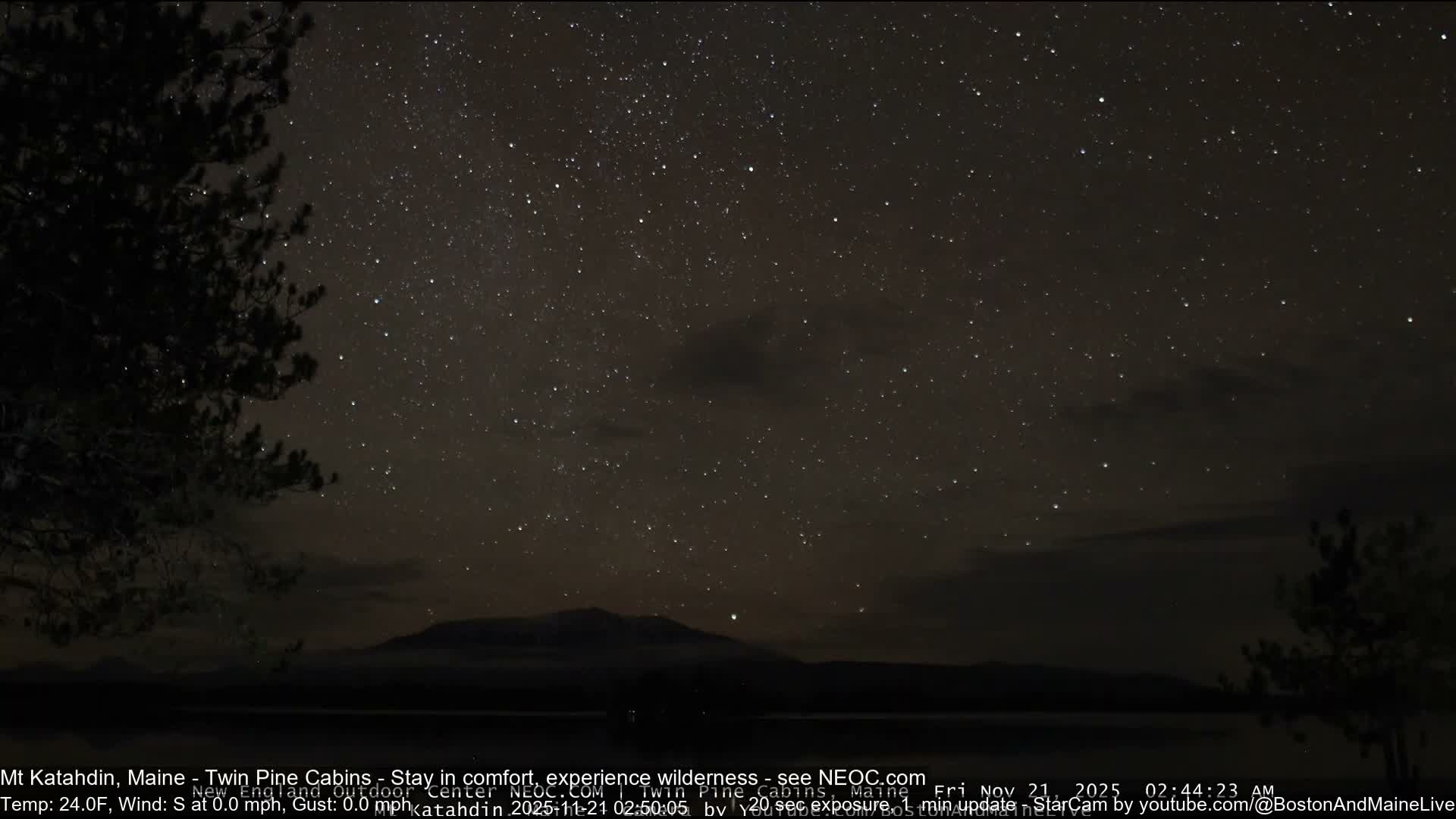Trump-Greene Rift Deepens: MAGA Heartland Jolted by Feud Over Epstein Records & Policy Ahead of Elections
 United States
US Politics
United States
US Politics

A deepening feud between Donald Trump and Marjorie Taylor Greene over Epstein records and policy jolts the MAGA base in Georgia, raising concerns about Republic
Trump-Greene Rift Jolts MAGA Heartland Amidst Deepening Feud
A significant ideological chasm is emerging within the Republican Party, particularly within the 'Make America Great Again' (MAGA) movement, as the once-unshakeable alliance between former President Donald Trump and U.S. Representative Marjorie Taylor Greene publicly fractures. This escalating feud has sent ripples through the party's heartland, specifically in Greene's Georgia district, sparking anxieties about party unity as crucial midterm elections loom.
The Elephant in the Room: Local Republicans Address the Divide
The tension was palpable at a recent Walker County Republicans meeting in LaFayette, Georgia. Jackie Harling, the local party chair, candidly acknowledged “the elephant in the room,” addressing the crowd's concern over the widening rift. Despite urging unity and assuring attendees they didn't “have to take a side,” her very act of putting the conflict on the agenda highlighted its disruptive potential. The core of the recent escalation revolves around Greene's sustained criticism of Trump's handling of investigative records concerning his former associate, convicted sex offender Jeffrey Epstein.
Greene's Challenges and Trump's Backlash
Greene, a vocal figure within the MAGA movement, has not shied away from directly challenging Trump on the Epstein scandal, foreign policy, healthcare costs, and government shutdowns. In response, Trump has reportedly branded her a “traitor” and withdrawn his endorsement. While many MAGA loyalists remain steadfastly behind Trump, this high-profile clash exposes growing internal strains. A notable faction expresses dissatisfaction with Trump's initial reluctance to fully release Epstein documents and his administration's unwavering support for Israel.
Interviews with 21 Republican-leaning voters across Rome, Cave Spring, and LaFayette in Greene's district revealed a unanimous desire for the complete disclosure of Epstein materials. Most considered themselves supporters of both Trump and Greene, largely dismissing Trump's harsh words as irrelevant to their voting decisions.
Distraction from Key Issues and Defense of Greene
Local Republicans are worried about the feud becoming a costly distraction. Felicia, an attendee at the LaFayette meeting, voiced concerns that the party was losing focus on critical affordability issues, a sentiment underscored by recent Democratic victories in state and local elections driven by rising prices. Jim Tully, the party chairman for Greene's district, passionately defended Greene, emphasizing her tireless work for constituents and lamenting the clash between “two powerful people with powerful desire and powerful voices.”
Greene, who quickly rose to prominence in Washington after her 2021 election, reiterated her stance outside the Capitol, stating that Trump's handling of the Epstein issue had been “one of the most destructive things to MAGA,” suggesting it had “ripped MAGA apart.”
Impact on Party Dynamics and Primary Challenges
Despite this notable break, political science professor Kerwin Swint of Kennesaw State University believes it doesn't signal Trump losing his overall grip on the party. He anticipates continued alignment with the Trump wing in future elections. State lawmaker Kasey Carpenter noted that Greene's dissent partly reflects her constituents' evolving views, suggesting a growing comfort among Republicans to “decouple from the president on issues.”
Greene also faces primary challengers, with four Republicans already filing to run against her. Dennis Shoaf, a Greene ally, acknowledged that her criticism of Israel's war in Gaza and U.S. aid could alienate some Christian conservative Republicans. However, he remains confident Greene, who secured over 64% of the vote in 2024, would prevail even against a Trump-backed opponent, referencing Governor Brian Kemp's successful defense against a Trump-endorsed challenger in 2022. Jeff Criswell, a retired business owner and challenger, believes Greene is vulnerable, stating, “If she thinks her brand is bigger than Trump in this district, she's nuts.”
Shifting Support and Public Opinion
Interestingly, many Republicans and even some Democrats lauded Greene for forging her own path and for her recent CNN interview apology for past “toxic politics.” Cooper Jacks, a young member of the Walker County Republican leadership, despite being a strong Trump supporter, credited Greene's push for Epstein record disclosure as solidifying his support for her.
The Epstein saga has also impacted Trump's public approval, which recently hit a year-low in a Reuters/Ipsos poll. Only 44% of Republicans felt Trump handled the situation well, while 70% of Americans believed the government was withholding information about those involved in Epstein's crimes. The Justice Department's announcement to release Epstein files within 30 days offers a glimmer of potential clarity, though the completeness of the disclosure remains uncertain. This contentious issue and the internal party strife it fuels are set to shadow the Republican Party well into the next year. As Harling concluded her remarks, urging prayers for both Trump and Greene, the hope for unity, amidst brewing trouble, underscores the complex dynamics at play within the contemporary Republican landscape.





